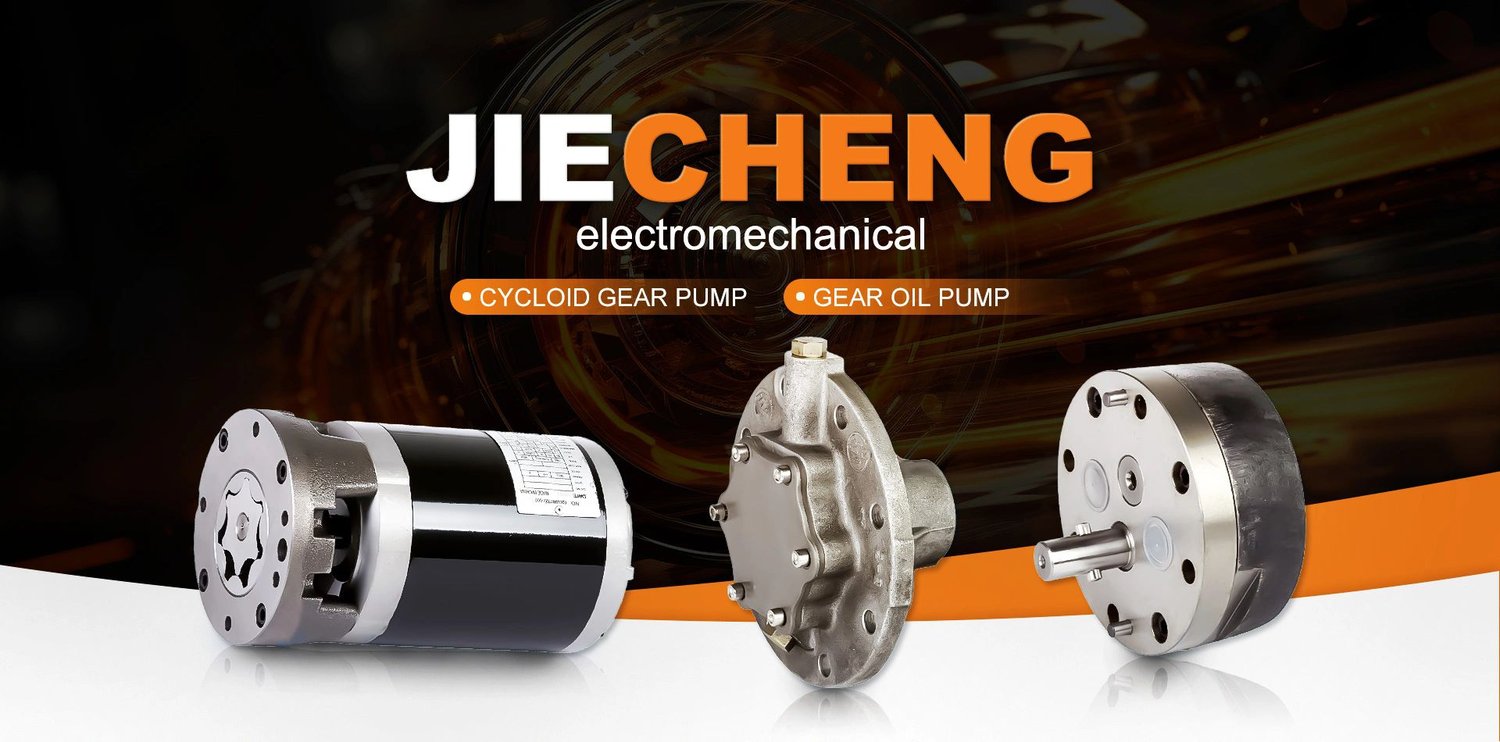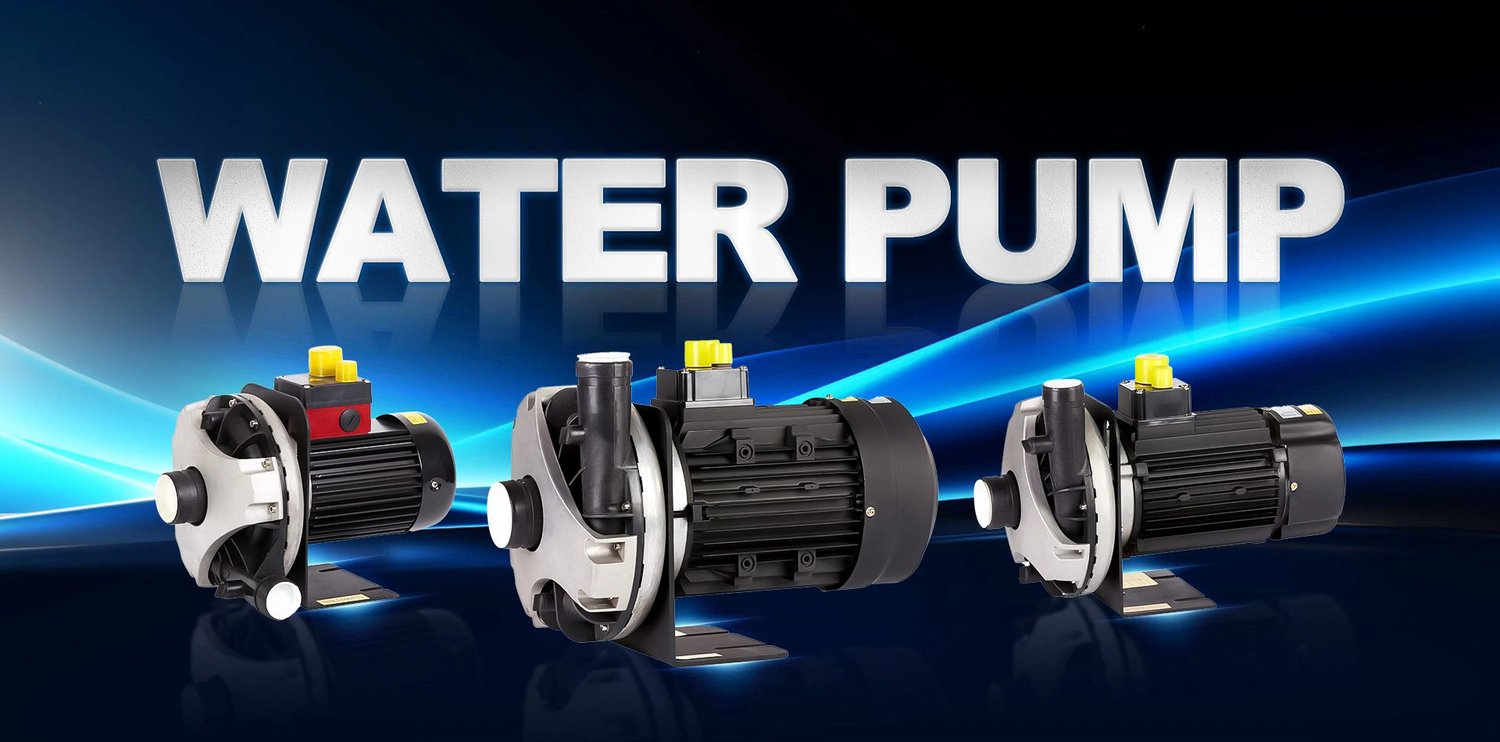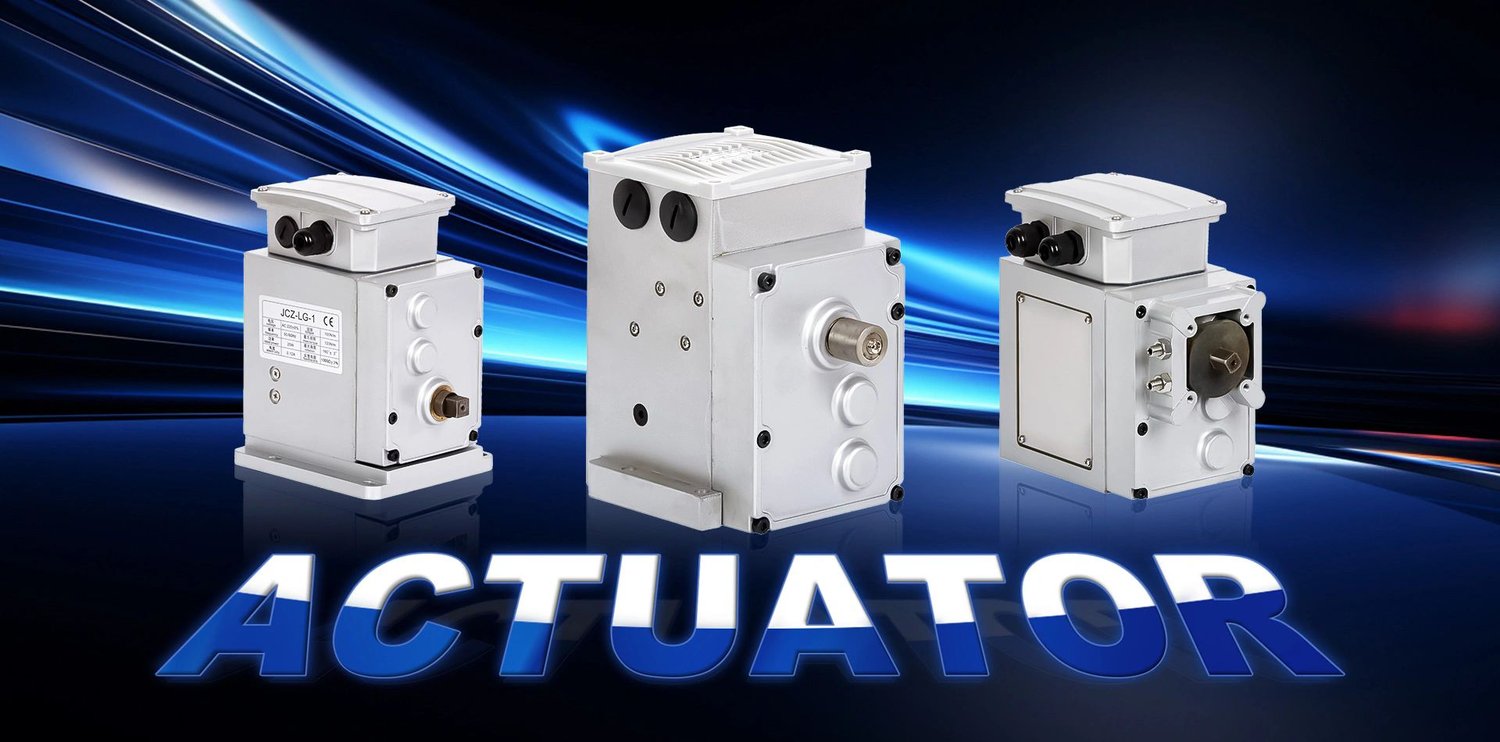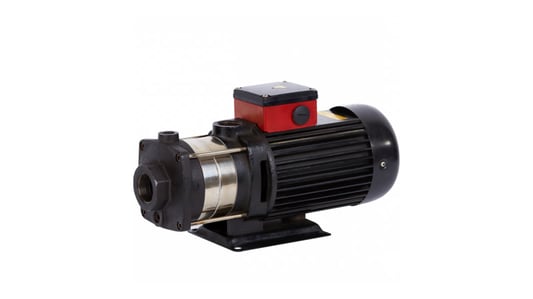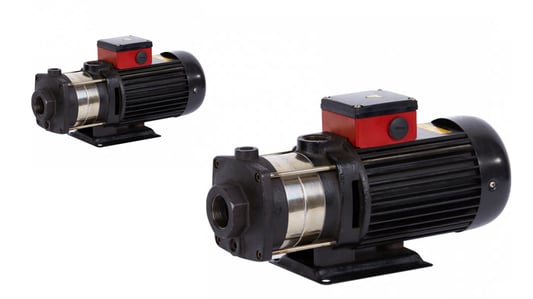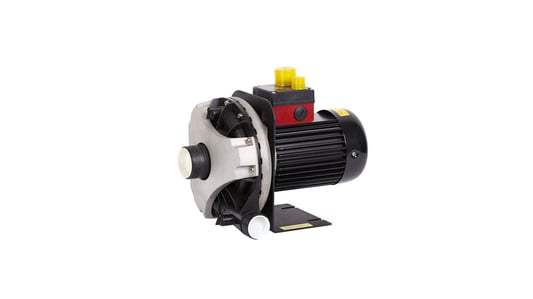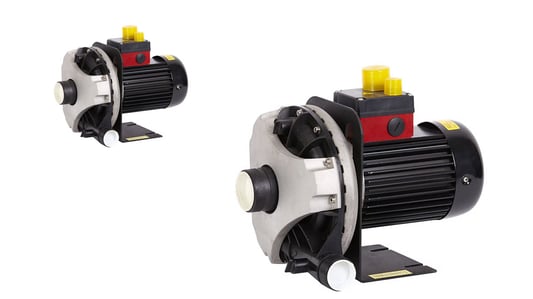Efficiency in Pumping Operationsvertical pumps are known for their efficiency in pumping operations. These pumps are designed to move liquids vertically, making them ideal for applications where space is limited. With their compact design, vertical pumps can deliver high flow rates and pressures while taking up minimal space.Cost-Effectiveness and Energy EfficiencyVertical pumps are a cost-effective option for industrial applications. These pumps require less maintenance and have a longer lifespan compared to traditional horizontal pumps. Additionally, vertical pumps are energy-efficient, consuming less power and reducing operating costs in the long run.Easy Installation and MaintenanceVertical pumps are easy to install and maintain, making them a popular choice for industrial settings. These pumps can be easily accessed for inspection and repairs, reducing downtime and increasing productivity. With proper maintenance, vertical pumps can operate efficiently for years to come.Versatility in ApplicationsVertical pumps are versatile and can be used in a wide range of industrial applications. From wastewater treatment plants to chemical processing facilities, vertical pumps can handle various liquids and solids with ease. Their adaptability makes them a versatile choice for different industries.High Pressure and Head CapabilitiesVertical pumps are capable of delivering high pressures and heads, making them suitable for applications that require pumping liquids to great heights. These pumps can handle demanding tasks and provide reliable performance in challenging conditions, ensuring smooth operations in industrial facilities.Space-Saving DesignVertical pumps have a space-saving design, making them ideal for applications where space is limited. These pumps can be installed in tight spaces without compromising performance, making them a practical choice for industrial settings with space constraints.Reduced Vibration and Noise LevelsVertical pumps are known for their quiet operation and minimal vibration levels. This makes them a preferred choice for industrial applications where noise and vibrations need to be kept to a minimum. With their smooth and quiet operation, vertical pumps contribute to a more comfortable work environment.Customizable Options for Specific RequirementsVertical pumps can be customized to meet specific requirements in industrial applications. Whether it's the material of construction, size, or operating parameters, vertical pumps can be tailored to suit the unique needs of a particular application. This flexibility makes vertical pumps a versatile and customizable solution for various industries.Reliability and DurabilityVertical pumps are known for their reliability and durability. These pumps are built to withstand harsh operating conditions and provide consistent performance over time. With their robust construction and high-quality materials, vertical pumps offer long-term reliability and durability, ensuring seamless operations in industrial environments.Environmental BenefitsVertical pumps are designed to be environmentally friendly. With their energy-efficient operation and reduced carbon footprint, vertical pumps help companies lower their environmental impact and meet sustainability goals. By choosing vertical pumps for industrial applications, companies can contribute to a greener future.Quote Inquirycontact us

